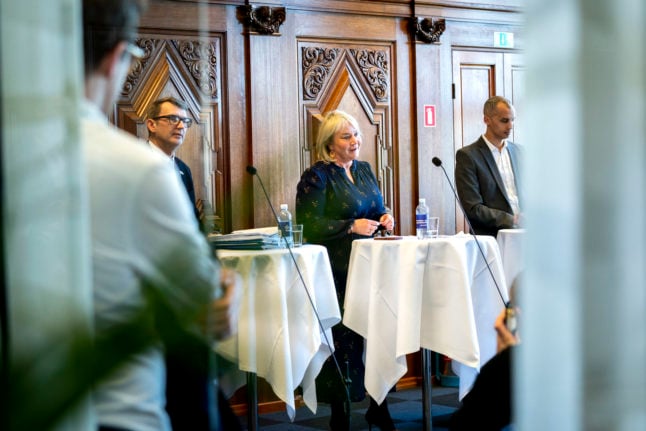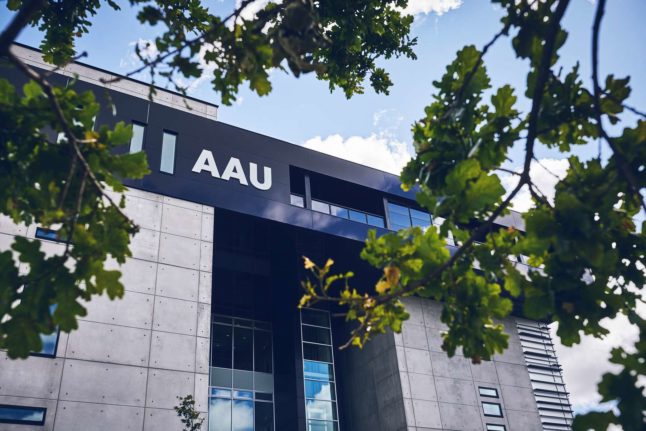A government proposal for a reform of graduate university education programmes was presented by government ministers at a briefing on Thursday.
According to the proposal, the number of places on English-language Master’s degree programmes in Denmark will be increased by 1,100 between 2024 and 2028, and by an overall 2,500 from 2029.
“Increased enrolment of international students is connected to additional expenses on SU [state student grant, ed.], but also a larger labour pool,” the proposal by the Ministry of Higher Education and Science states.
READ ALSO: SU: Can foreigners receive Denmark’s state student grant?
According to the ministry, around one in three international Master’s degree students are still in Denmark ten years after beginning their studies in the country.
“Observations over several years show that international students who still live in Denmark ten years after entering their studies have an employment frequency of 80 percent,” a ministry fact sheet published with the proposal notes.
“There must be better access [to Master’s degrees] for international students within areas where businesses need highly specialised labour,” the Ministry of Higher Education and Science said in a statement.
Recent Danish governments have sought to restrict or reduce English-taught programmes at Danish higher education. Thursday’s proposal appears to be a reversal of this long-term trend.
READ ALSO: English-language programmes at Danish universities face cuts (2021)
Another key element of the proposal is to create new Master’s degrees lasting one and a quarter academic years according to the plan, which was presented on Thursday at a press briefing.
The degrees would be organised over two semesters “followed by a major final assignment which would be written over the summer”.
As many as half of the two-year Master’s degrees currently offered at Danish universities will be given the new, shorter structure should the proposal be adopted.
The government has not stated exactly how many Master’s degrees would be subject to the change. This would be decided following further consultation by a committee, it said.
However, humanities and social sciences degrees are those expected to be the primary focus of the changes.
“The specific design of them — how they would be in terms of connection to businesses and so on — I can’t do that from the ministry,” Higher Education and Science Minister Christina Egelund said at the briefing.
“This must be done together with universities and students. So I can’t say anything substantive about how they would be structured,” she said.
The first students to complete the new programmes would graduate in 2029, according to the proposal.
An aim of the reforms is to create “more and more flexible paths through university”, the plan states. It is also designed to encourage more people to choose vocational education.
In addition to the short Master’s programmes, the proposal also includes provisions for extended Master’s degrees of 2.5 to 3 years with “a high degree of specialisation”.



 Please whitelist us to continue reading.
Please whitelist us to continue reading.
Member comments